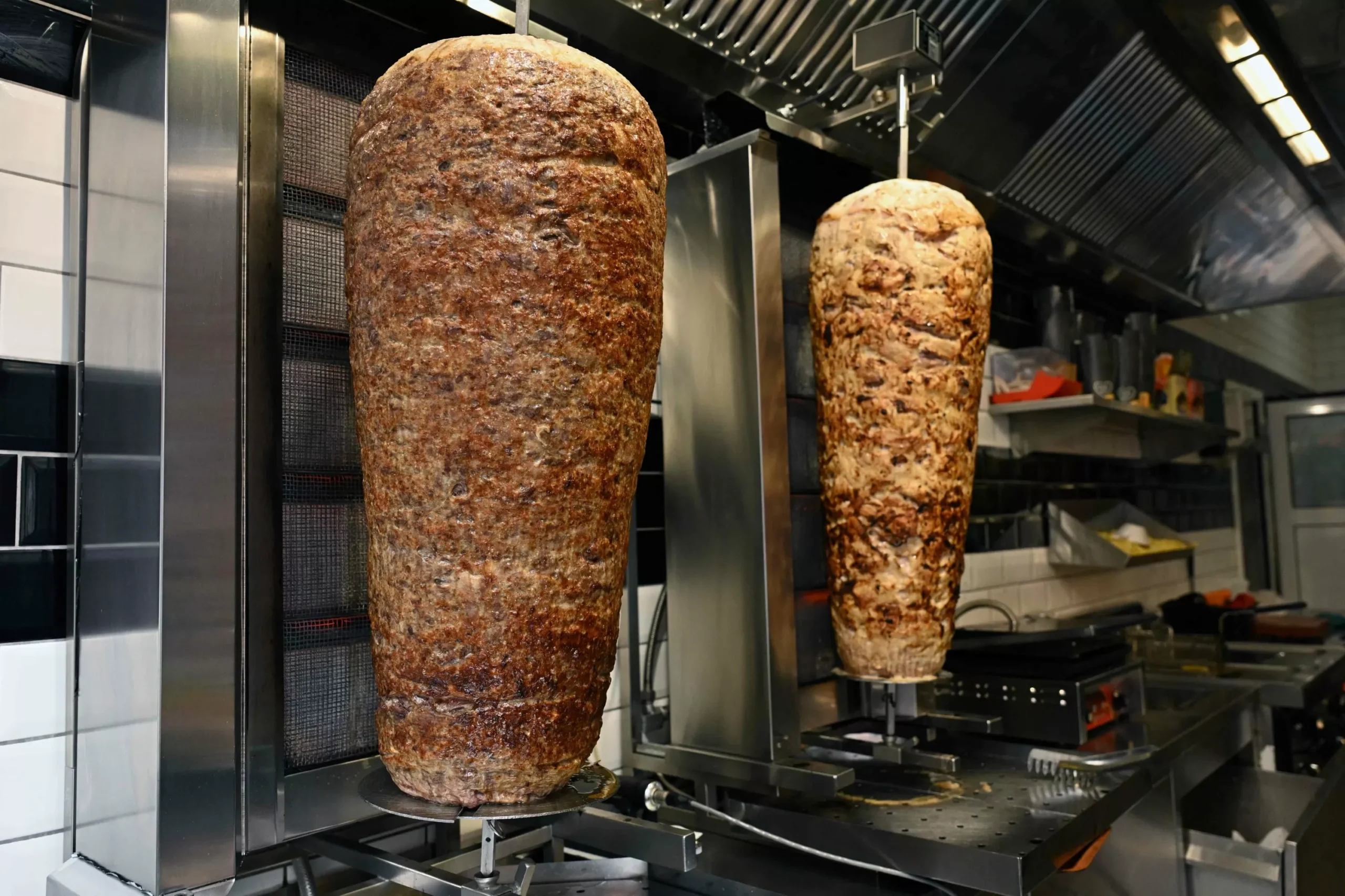A Spicy Row Between Türkiye and Germany Over the Iconic Doner Kebab
The humble doner kebab has been a beloved staple in both Türkiye and Germany for decades. However, a recent dispute has erupted between the two countries over what constitutes a doner kebab and whether it should be granted protected status. This has caused a stir in the culinary world and has sparked a heated debate between the two nations.
The controversy began when Türkiye, the birthplace of the doner kebab, applied for protected status for the iconic snack from the European Union. This would mean that only doner kebabs made in Türkiye could be labeled as such, and any other variations would have to be called something else. This move was met with strong opposition from Germany, where the doner kebab has become a popular street food and a part of the country’s cultural fabric.
Germany argues that the doner kebab has evolved and adapted to the German taste, and therefore, should not be limited to the traditional Turkish version. They also claim that the doner kebab has become a symbol of multiculturalism in Germany, with many Turkish immigrants running successful businesses and contributing to the country’s economy.
On the other hand, Türkiye argues that the doner kebab is a significant part of their cultural heritage and should be protected from being imitated or altered. They also claim that the German version of the doner kebab is not authentic and does not do justice to the original recipe.
This dispute has caused a rift between the two nations, with both sides refusing to back down. However, it is essential to understand the history and significance of the doner kebab to both countries before taking sides in this spicy row.
The doner kebab, which translates to “rotating roast” in Turkish, has been a part of Türkiye’s cuisine for centuries. It is believed to have originated in the city of Bursa in the 19th century and was traditionally made with lamb meat cooked on a vertical rotisserie. The meat is then thinly sliced and served in a pita bread with vegetables and various sauces.
In the 1960s, Turkish immigrants brought the doner kebab to Germany, where it quickly gained popularity. However, due to the availability of different meats and the German taste preferences, the doner kebab in Germany evolved to include chicken and beef and was served with a wider variety of toppings and sauces.
Today, the doner kebab is a ubiquitous street food in Germany, with over 16,000 doner shops across the country. It has become a symbol of the country’s multiculturalism and is enjoyed by people of all backgrounds.
While both countries have a valid argument, it is essential to find a middle ground and preserve the authenticity of the doner kebab while also allowing for variations to cater to different tastes. The European Union has a system in place for protected status, which takes into consideration the cultural and historical significance of a product. This system should be utilized to find a solution that satisfies both Türkiye and Germany.
Moreover, instead of engaging in a heated debate, both countries should focus on promoting the doner kebab as a shared cultural heritage. The doner kebab has brought people from different backgrounds together, and it should continue to do so.
In fact, this dispute has brought attention to the doner kebab and has sparked interest in trying out the different variations of the snack. This could be an opportunity for both Türkiye and Germany to promote their unique versions of the doner kebab and attract tourists who are eager to taste the authentic flavors.
In conclusion, the doner kebab is more than just a snack; it is a symbol of the cultural exchange between Türkiye and Germany. Instead of engaging in a spicy row, both countries should work towards finding a solution that preserves the authenticity of the doner kebab while also allowing for variations to cater to different tastes. Let us celebrate the doner kebab as a shared cultural heritage and continue to enjoy this delicious snack in all its forms.





